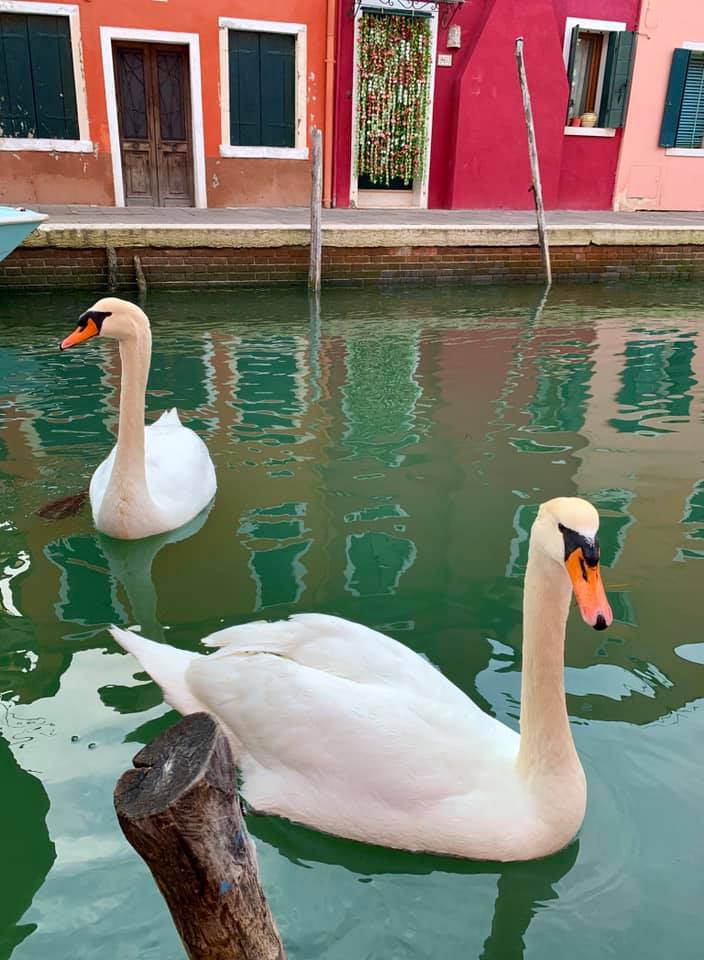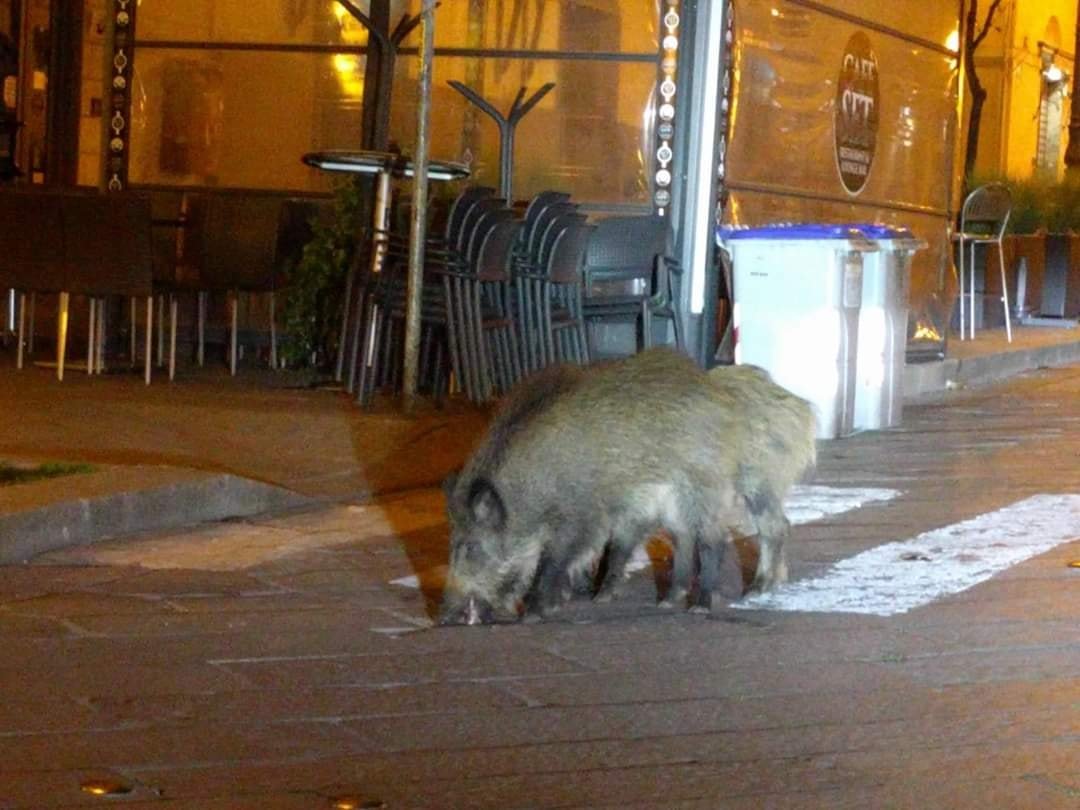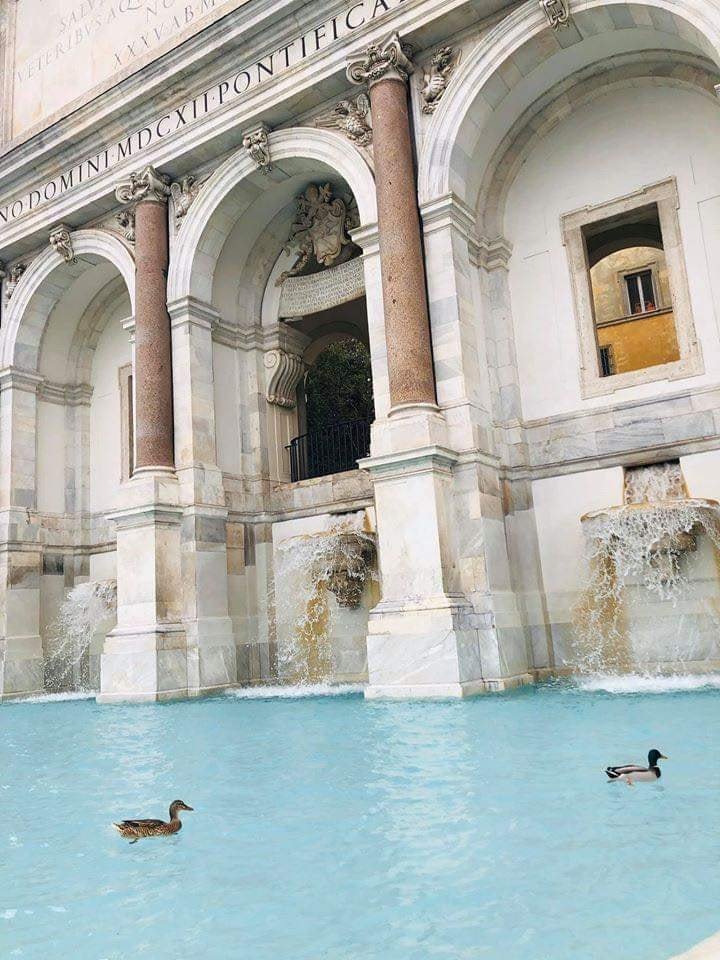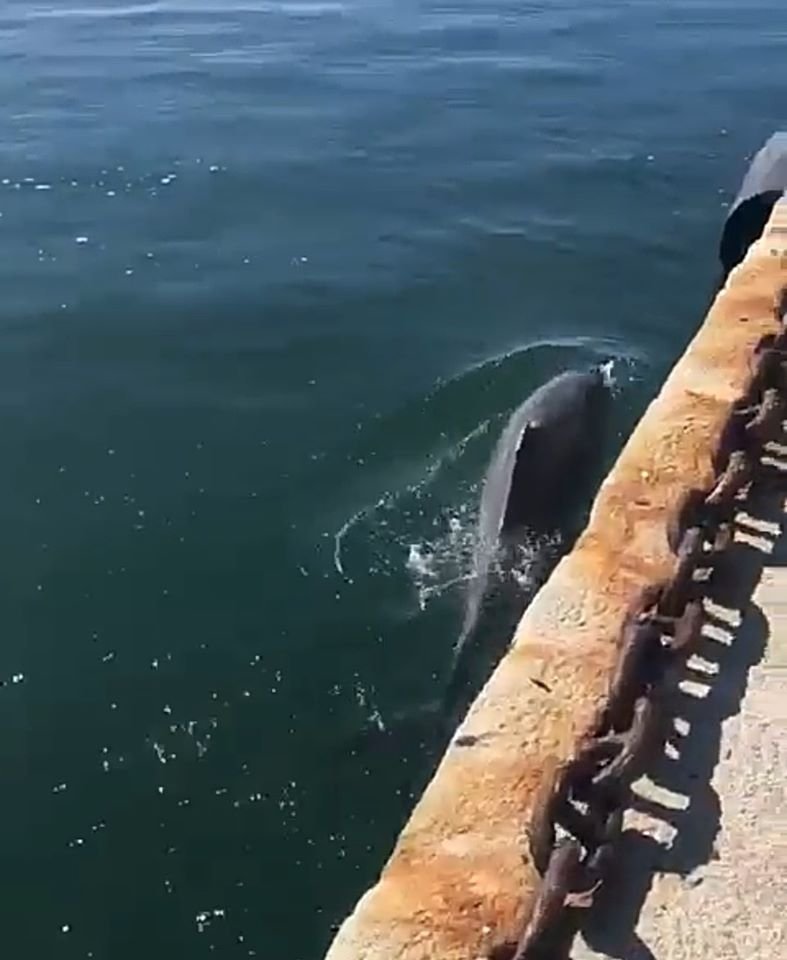- Inspiring People -
- 4mins -
- 2,068 views
Venice canal water runs “crystal clear” and “full of fishes” during quarantine lockdown
As coronavirus keeps visitors away, the canals of Venice have been unusually clear as traffic in the waterways has come to a halt — and other Italian cities are reporting more unusual wildlife activity.
Nature is reclaiming territory during the Italian lockdown
With wild boar roaming the streets of Sardinia, dolphins in the port of Cagliari, ducks in the fountains in Rome, crystal clear Venice canal water full of fish, and air pollution dropped across the country, it would seem that nature is reclaiming its spaces during the quarantine lockdown in Italy.
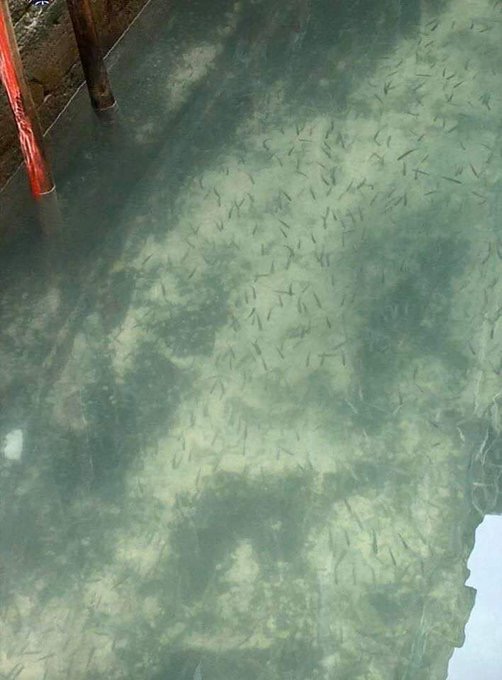
Nature reclaims its spaces: less traffic, fewer discharges
In the weeks that have passed since the shutdown of Wuhan, China, it has been widely reported that air pollution has greatly diminished in the surrounding region. It appears that something similar is also beginning to happen in Italy, which has also recently gone into a countrywide lockdown.
The European Space Agency (ESA) released a timelapse video taken from space, which shows how drastically the air pollution has decreased.
Claus Zehner, who manages the Copernicus Sentinel-5P, the satellite which took the photos over the Po Valley region, told the Independent that researchers are confident these changes are due to the reduction of activity at factories and on highways.
“Although there could be slight variations in the data due to cloud cover and changing weather, we are very confident that the reduction in emissions that we can see coincides with the lockdown in Italy causing less traffic and industrial activities,” Zehner said.
The canals in Venice have also been unusually clear as traffic in the waterways has come to a halt. According to a report from the Italian publication TGCOM24, the typically murky waters in the Venice canals have cleared up as everyone has been locked inside.
Images of the current condition of the canals were posted to the Facebook group “Clean Venice”. One of the members of the group further explained to others that the boats were not kicking up sediment as they would during a normal season.
“As regards the clarity, the absence of traffic that moves the sediments is certainly the cause of this miracle from the tropical sea. The reduced discharges and the water exchange of the tides instead benefit the quality of the waters,” the member explained.
Source: TruthTheory
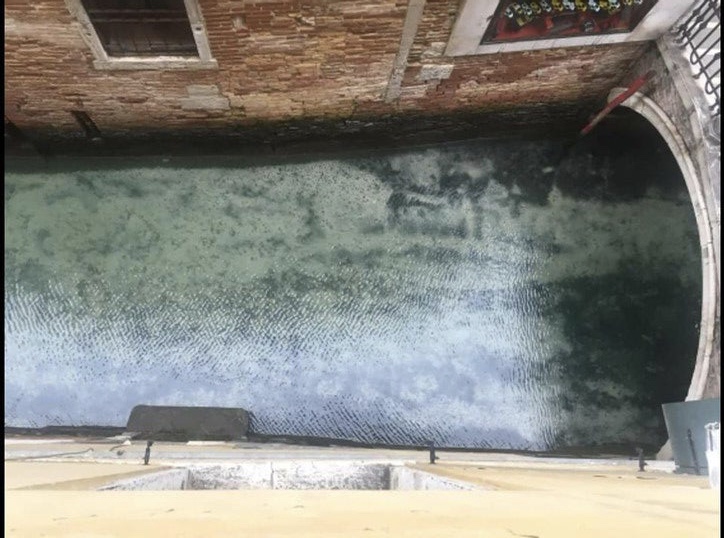
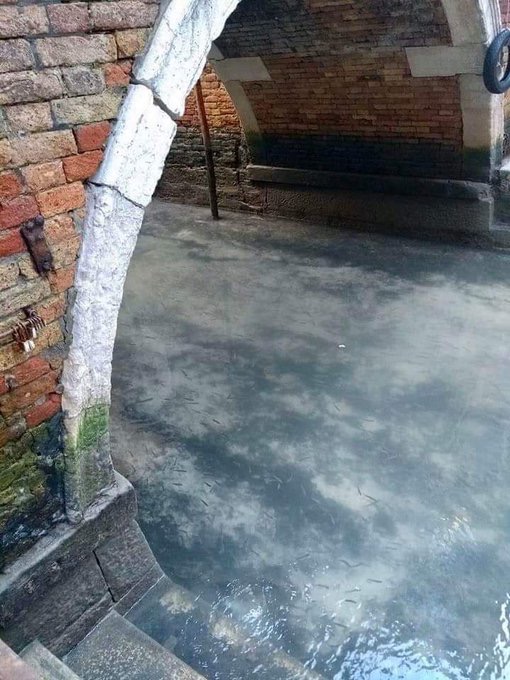
Air quality in Italy is improving as It has in China
The decline in tourism has brought “back the lagoon waters of ancient times, those of the post-war period, when it was even still possible to bathe in the waters of the canals,” according to local newspaper La Nuova di Venezia e Mestre.
Air quality has also improved in Italy.
Though social isolation has been difficult, it’s had a massively positive effect on CO2 emissions, according to European Space Agency data analysed by the Washington Post.
Between 1 January and 12 March, concentrations of nitrogen dioxide fell — produced by cars and power plants — immensely, especially over Italy, according to the ESA’s Sentinel-5P satellite.
Since 1 January, air quality in China has significantly improved, too, per pollution monitoring satellites from NASA and the European Space Agency.
As with Italy, social isolation and the lockdown of certain cities has seen a decrease in cars on the road, meaning noxious gas emitted by vehicles, power plants and industrial facilities have come to a near complete halt.
Scientific American notes that events like the 2008 recession caused similar dips in global carbon emissions. On the other hand, the publication notes that more social isolation means people are likely using more energy in their homes.
It all depends on geography and family lifestyle. Household carbon footprints could potentially rise, offsetting the lowering of global emissions as a result of isolation during the outbreak.
Source: GlobalNews
